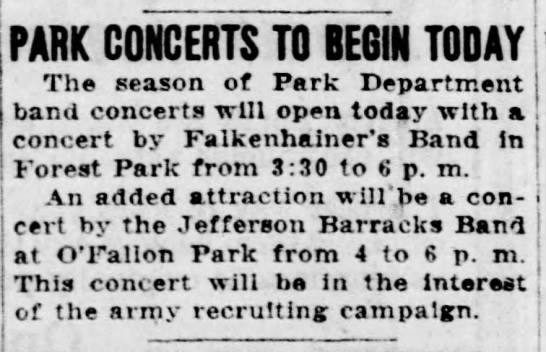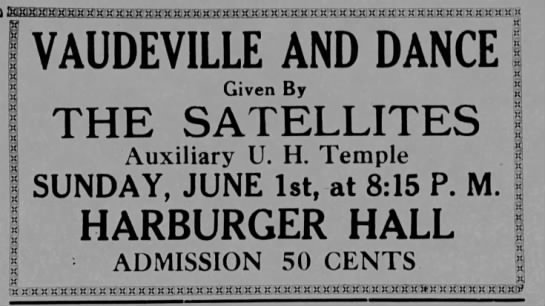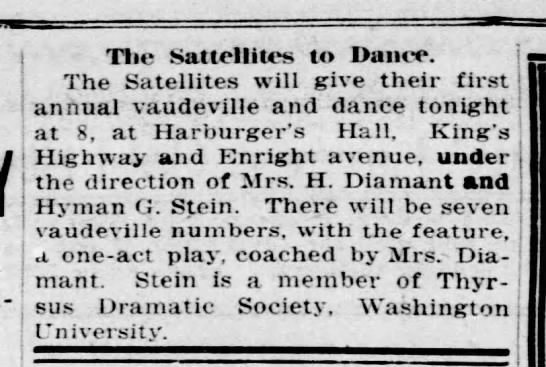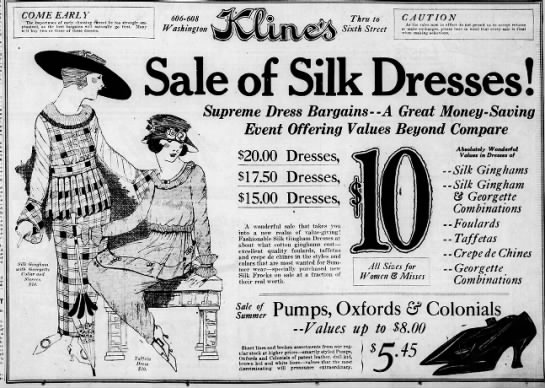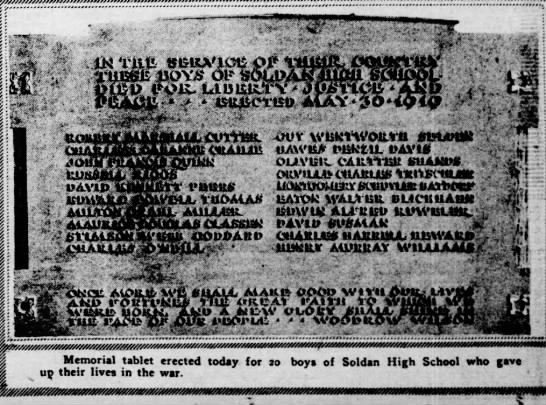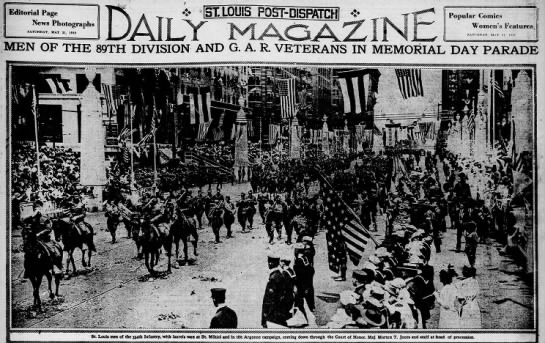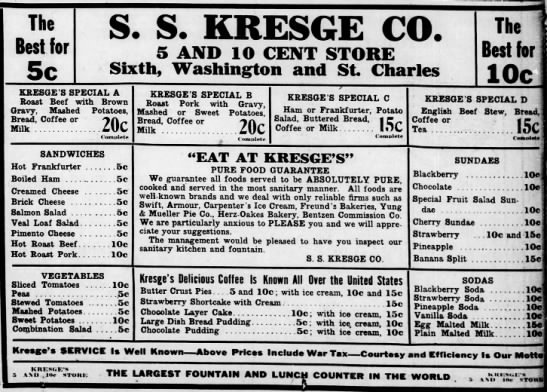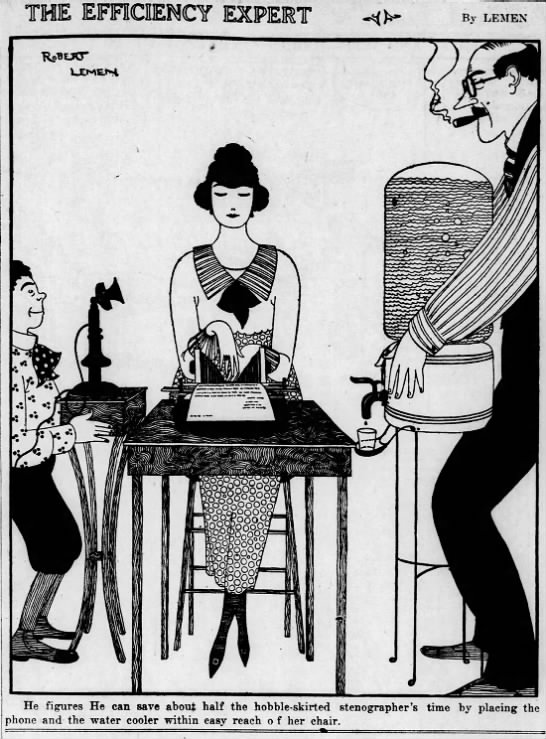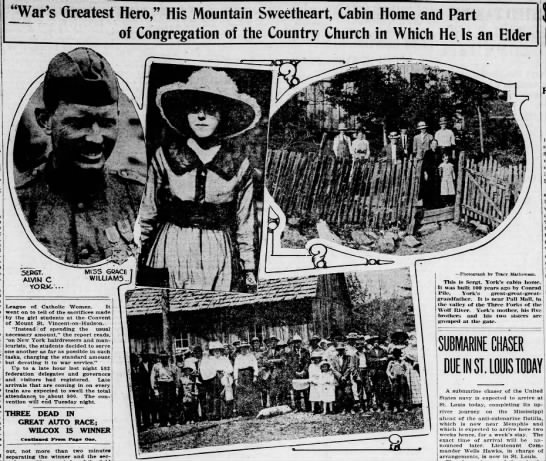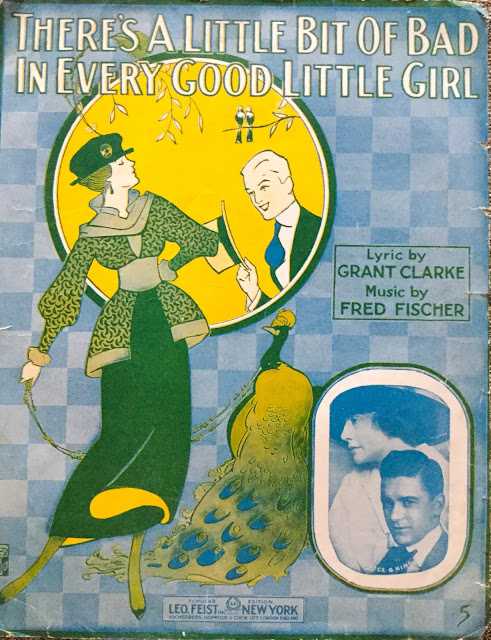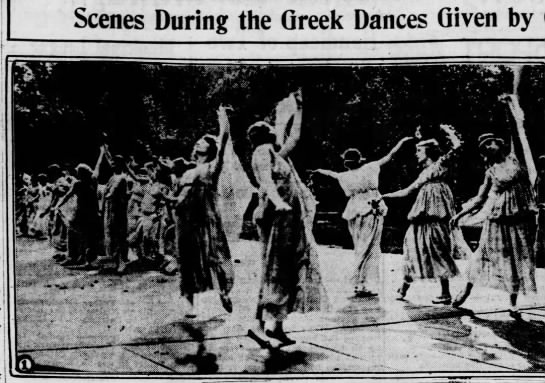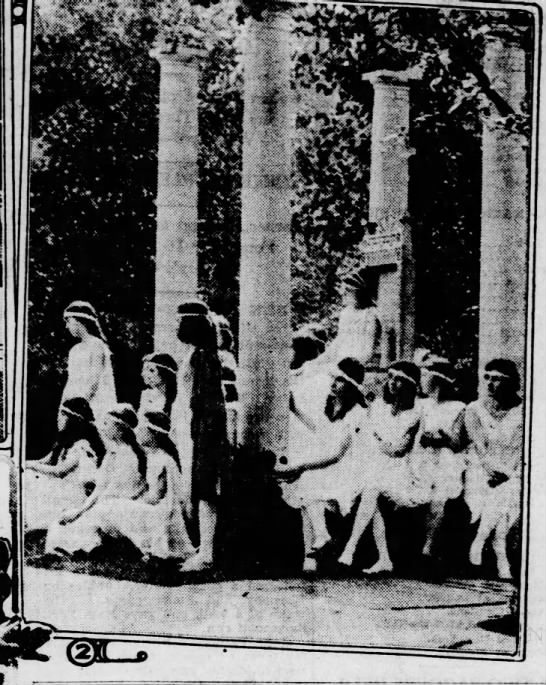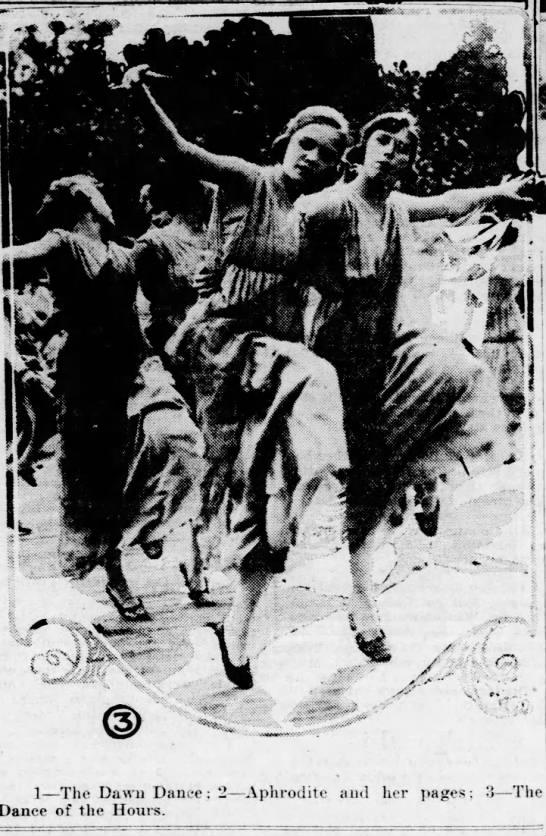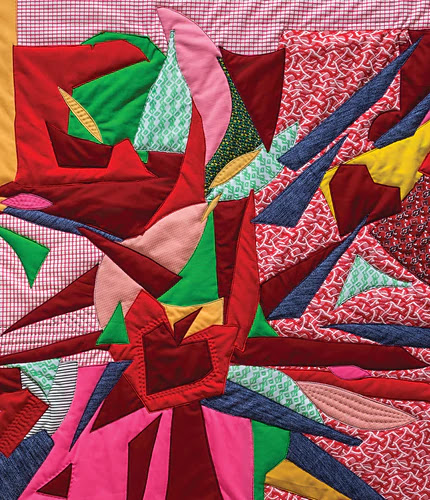My library book club read
Girl Waits With Gun by Amy Stewart last month and it was this month's book choice for my husband's Mystery Book Club. Both groups enjoyed the book and the Mystery Book Club scheduled to read the next book in the series,
Lady Cop Makes Trouble, next year.
This month I also read
Lady Cop Makes Trouble, Miss Kopp's Midnight Confessions, and
Miss Kopp Just Won't Quilt in the last few weeks in preparation to read her upcoming addition to the series
Kopp Sisters On The March.
Lady Cop continues the story of Constance, Norma, and Fleurette Kopp, based on newspaper articles about Constance Kopp. Constance became a jail matron in charge of female prisoners.
A male prisoner faking illness and is taken to the hospital. Under Constance's watch, a distraction diverts her attention and the man escapes. It is the Sheriff, not Constance, whose job is on the line and she determines to find the escapee and save Sheriff Heath's reputation and job.
The escapee was a doctor who faked the illness of his patients to extort money from the families.
Lady Cop Makes Trouble becomes a news story headline bringing unwanted attention to Constance.
As jail matron, Constance is both firm and humane.
I might not ever see these women cleansed of their crimes and misdeeds, and I might not keep them from misfortune and misery, but I could rid them of vermin and send them to sleep in a clean and quiet bed. For some of them, it was the first night they'd spend free of torment--of one kind of another--in years. from Lady Cop Makes Trouble
Constance becomes involved with the women in the jail, their backstories revealing the lives of women a hundred years ago.
At midnight a woman will tell almost anything if she finds one who is sympathetic to tell it to. from Miss Kopp's Midnight Confessions
Miss Kopp's Midnight Confessions concerns girls who leave home without parental permission and are accused of being 'wayward' by their parents, which entails the girls being sent to a reformatory. If the girl left town with a man he would be accused of white slavery and under the Mann Act which made it a crime if he transported the girl across state borders.
The stories of three girls show the many causes of a girl's leaving home and the legal consequences of doing so. A nineteen-year-old girl wants employment in the war effort and to see the wider world. A sixteen-year-old girl attaches herself to a man who can get her passage out of town. He sets her up in an apartment in his name. And then there is Fleuette and her dream of breaking into show business.
Young women were being locked up for months, and possibly years, over offenses that amounted to little more than leaving their parents' home without permission, or carrying on with an unsuitable man. Constance couldn't help notice that the unsuitable men were never arrested for their part in the crime. from Miss Kopp's Midnight Confessions
Women's parents and husbands determined their life choices. Parents sometimes opted to have their daughters arrested and sent to a reformatory until they were age 21. Constance visits the reformatory, run like a prison, where she sees orphans and children whose families were 'unsuitable.' Girls who fight or run away or set fires are sent into a closed room. The girls learned the domestic arts to prepare them for service or families and were on probation after they left, required to keep the job provided for them and to get approval if they wanted to marry.
The attractions of the greater world include working in a factory where girls could earn and spend their own money and the vaudeville stage with its painted glamour. Fleurette is taken by May Ward and her Dresden Dolls who sing
There's a Little Bit of Bad in Every Good Little Girl, which Constance finds especially meaningful.
Girl Waits With Gun revealed that Constance was seduced by the traveling Singer sewing man and ran away from home to have her baby. Norman brought them back into the family home. A move meant the women could pass Fleurette off as her grandmother's child.
No one knows better that there's a little bit of bad in every good girl, and that girls gone bad can be reclaimed.
Miss Kopp Just Won't Quit shows Constance's determination and fearlessness when she pursues an escaped prisoner and rescues him from drowning.
It is the 1916 election year and Sheriff Heath's appointment is coming to an end. The candidate for Sheriff, John Coulter, is focusing on the fact people have escaped instead of focusing on the positive that Miss Kopp has apprehended them.
The novel continues to probe the lives of women a hundred years ago. Miss Kopp visits girls in their new lives to encourage them to stay straight and helps a woman falsely committed to the asylum by a philandering husband.
But this novel also considers the political climate of 1916, showing how some things haven't changed.
"It was an uncertain time in Bergen Country: there was labor unrest in the factories, a mistrust of immigrants who might be German sympathizers, and the very real fear that a munitions depot might go up like so many crates of firecrackers at the hands of secret agents of the Kaiser. And most of all, there was the absolute terror of war--a war we surely couldn't avoid much longer. The people were looking for an enemy, and John Courter had one on offer." from Miss Kopp Just Won't Quit by Amy Stewart
Miss Kopp is distressed by the machinations of John Courter. Sheriff Heath consoles her by saying, "He's putting all his worst qualities right out on display for the public to see," sure that the crowd of a few hundred people Courter drew did would not represent what the voters would decide on Election Day.
Meanwhile, Norma is inventing a portable homing pigeon station that could be used in the war effort for communication. Fluerette is part of the entertainment at the Plattsburg camp where men are training to be prepared for war.
With the new sheriff comes huge changes, none of them good for Miss Kopp or the female inmates.
As a new member of the Kopp Sisters Literary Society, I choose to receive the upcoming Kopp Sisters on the March. It was a happy day when the Advanced Reading Copy arrived with cool swag: a bandana, binocular key chain, bookmark, and a delicious chocolate bar! Yes--I ate the chocolate bar soon after opening the package. But after I had checked out the book!

